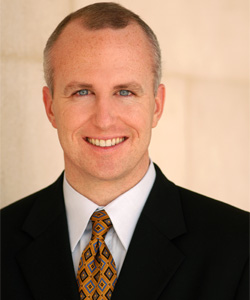I just finished reading “The Honor Code: How Moral Revolutions Happen” by Kwame Anthony Appiah, thinking I might gain insight into social change. The book did not disappoint, but deconverted Christians might find greater insights than the author intended.
The author very carefully shows the relationships between morality, honor, respect, and shame. He explains how honor codes are created within “honor societies” and how those structures are not necessarily linked with morality.
Many codes of honor happen to be moral. Telling the truth, being fair, being reasonable–these are typically present in many codes of honor and are also things that most people would agree are moral behaviors. Appiah, however, presents honor killings as an example of how honor codes can also be immoral. In some countries, if a woman is raped, she brings shame upon her family, and sometimes members of her family will kill the rape victim in order to restore the family’s honor. Anyone not a member of that honor society would find this terribly immoral–but honor blinds people to their own shame, and they carry out these brutal murders on a regular basis.
As an ex-Christian, I easily grasped this, as I’ve come to understand how the “morality” of the Bible was really a justification of the honor code followed by the men who wrote it. That women must cover their heads in church, or that homosexuals will never taste of the Kingdom of God–these are plainly transparent attempts to “lay down the law” by men who feared the erosion of their honor code.
Not all honor is moral.
Christianity, regardless of what it calls itself, is an honor code and not a moral code. A moral code would be founded on moral principles that can consistently be found throughout the code. If not killing were a principle of a moral code, you would not find killing recommended as a solution to any problems within the code. Honor codes, on the other hand, do not need to be consistent. They are often contradictory or complex because they are not founded on principles; they’re designed to continue earning respect for certain “honor societies”or classes of people.
I could be debated on this point, but I believe there is a hierarchy among the faithful. There are new believers, moderate believers, seasoned Christians, church elders, leaders, celebrities, and a very few who are considered “kings,” like Rick Warren and Joel Osteen. The lowest caste within that honor code would be the apostate. So the person who is considering leaving his faith is considering something profoundly shameful within his honor code.
Honor codes are powerful enough to convince people to do far more damaging things than merely staying in a psychologically destructive faith. Aristocratic men in Victorian England used to duel to the death for the sake of honor. Chinese parents, who loved their daughters, used to force them to endure excruciating foot binding in order to preserve the honor of their family. So causing someone to endure cognitive dissonance or religious trauma is easily done by a powerful code of honor.
For those of us who still managed to escape, we then had to join a world we previously believed to be immoral, but were really just outside of our honor code. By applying these new terms to our thinking, we might make the deconversion process a little easier.












Recent Comments